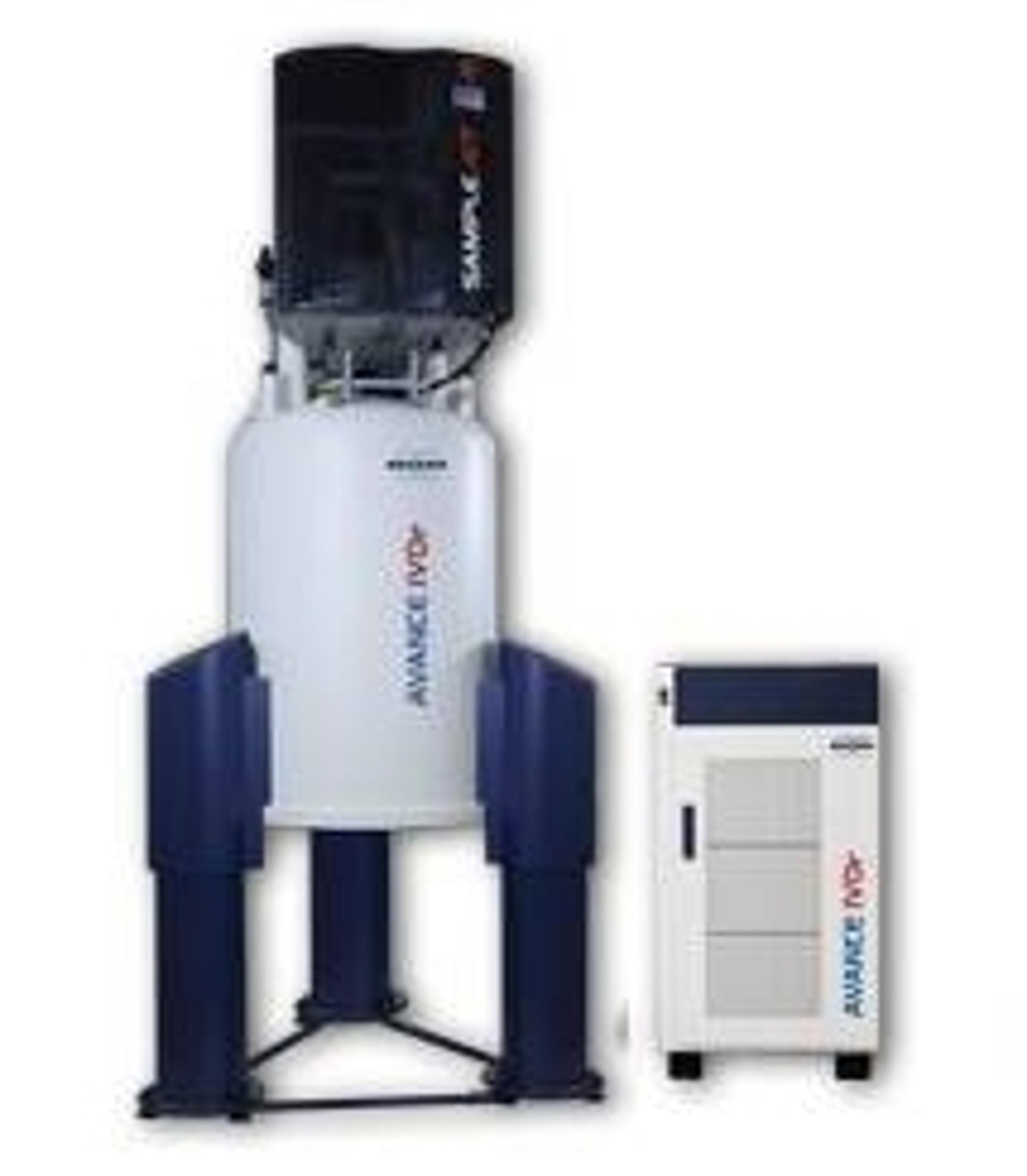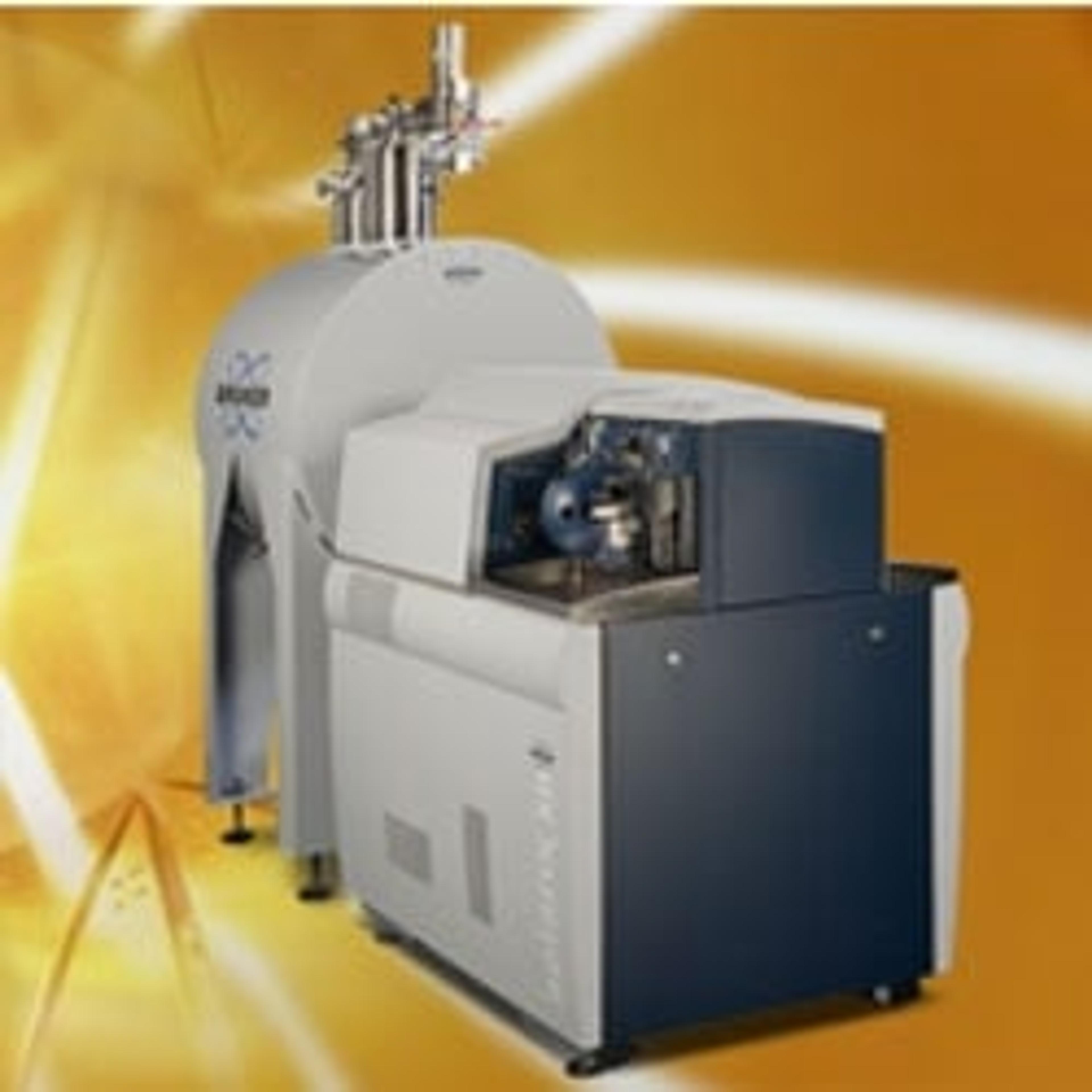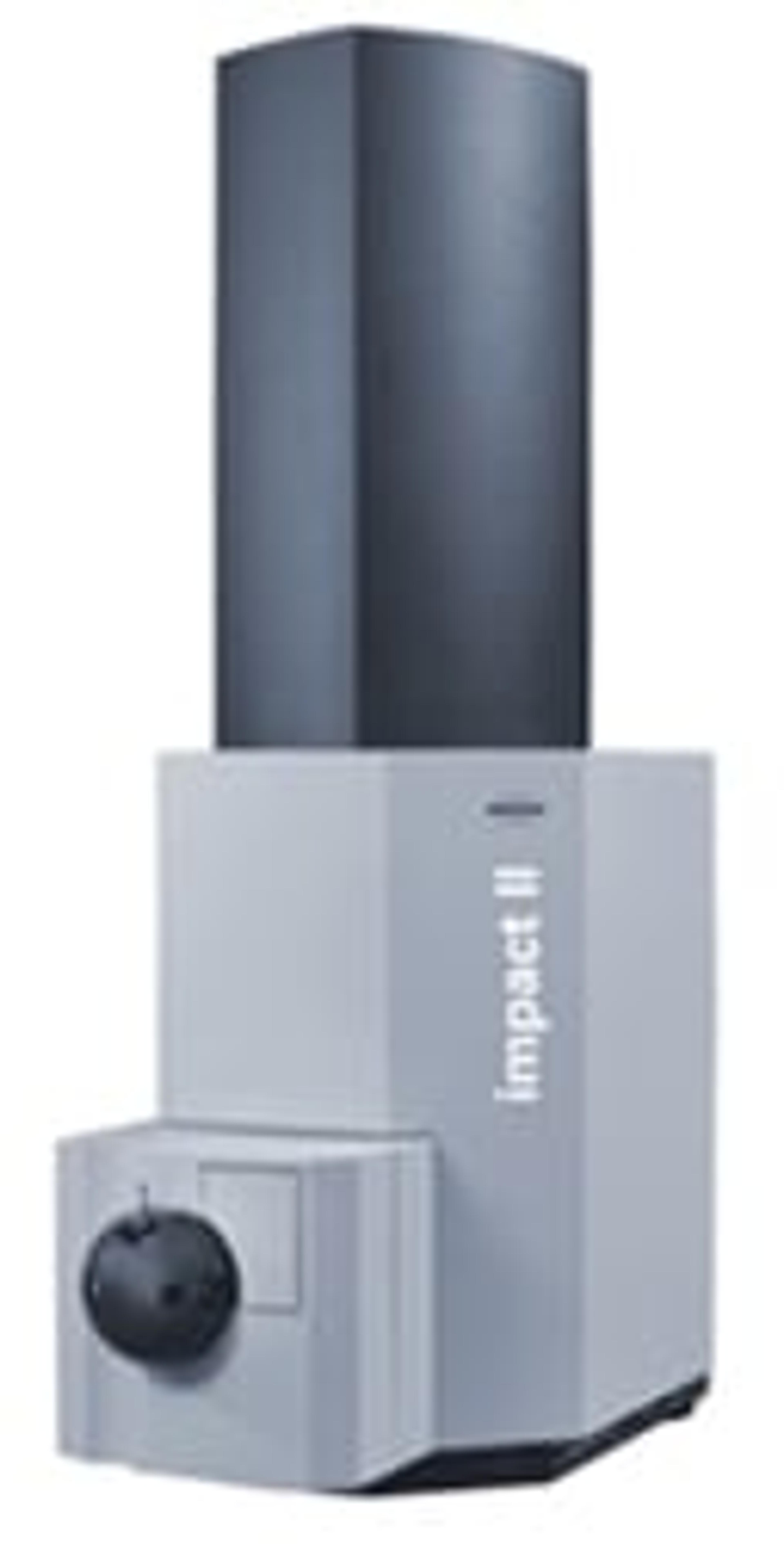Bruker and ANPC partner to support major new frontline response to combat COVID-19 threat
The strategic partnership with Australian National Phenome Centre (ANPC) aims to support the work of their researchers
15 Apr 2020
Bruker has partnered with Australian National Phenome Centre (ANPC) at Murdoch University to support the work of their researchers into the COVID-19 pandemic threat. The ANPC team, led by world-renowned phenomics pioneer and academician Professor Jeremy Nicholson, and working with the South Metropolitan Health Service COVID-19 Response Team and the broader Western Australian (WA) healthcare community, has launched a major research and diagnostics project to better understand and predict variation in COVID-19 severity and determine the complex genetic, environmental and lifestyle interactions that influence its pathogenicity in individuals. Later they will engage with clinical trials of novel antiviral agents and when available vaccines in order to predict responder/non-responder outcomes.
Accelerating time to diagnosis
The goal is to deliver diagnostic and prognostic solutions in an accelerated time-frame. Most importantly, the risk of severity of infected patients needs to be assessed rapidly to help guide and optimize the clinical patient pathway. Researchers at the ANPC will use a range of state-of-the-art Avance IVDr nuclear magnetic resonance (NMR) and timsTOF Pro, Impact II and Solarix MR mass spectrometry (MS) instrumentation from Bruker, as well as data modeling approaches, to perform broad and deep metabolic analysis of the molecular, physical and biochemical characteristics of blood plasma and urine samples to create informative translational models. These models will predict variation in the severity of the disease and help understand differential responses to therapeutic interventions.
Professor Nicholson said: “At the ANPC, we are dedicating 100% of our resources to the COVID-19 fight for at least a year. This is the greatest emergent healthcare challenge on the planet and there is no better equipped metabolic lab in Australia, or possibly anywhere in the world, to undertake this type of investigative work in an excellent clinical and hospital framework.
“Linked to our genomics team, led by Professor Simon Mallal and Associate Professor Mark Watson, we’re setting out to identify specific biomarkers of the disease to figure out who has it, how we can detect it and stratify patients by severity risk, and assess the real time patient responses to treatments.”:
Scientific partnership to drive clinical research
Frank H. Laukien, Ph.D, President and CEO of Bruker Corporation, commented: “We are strongly committed to supporting Professor Nicholson and his team scientifically and technically. The comprehensive COVID-19 clinical research plan at Murdoch University into metabolic biomarker patterns of diseases, prognosis, and treatment response is exceptional.
“In particular, I hope that the team can find evidence-based clinical protocols very soon to reduce mortality in ‘phase 2’ of COVID-19 with its life-threatening lower respiratory tract infections. Medical science needs to determine urgently whether broad spectrum antibiotics and/or immunosuppressants improve survival statistics in ‘phase 2’, when viral pneumonia, potential bacterial pneumonia or ventilator-associated pneumonia (VAP), as well as lung inflammation due to our own immune systems’ cytokine storms, appear to create a very dangerous set of co-morbidities.”
Unique bio sample collection capability
The project will see the ANPC working hand-in-hand with Professor Merrilee Needham of Murdoch University and Notre Dame University, and Professor Toby Richards of the University of Western Australia, who are bringing together the top doctors and researchers from WA through the Western Australian Health Translation Network (WAHTN) led by Professor Gary Geelhood for the COVID-19 Response Team.
It is anticipated that all new COVID-19 patients will be consented for testing on admission and later for clinical trials, with the ANPC running the samples from those trials and tests, including longitudinal urine and plasma metabolic monitoring.
Commenting on the unique position of the WA-based research team, Professor Richards said: “We are in the second wave and have the opportunity to be prepared for COVID-19. We have built a unique platform in WA to collect patient data and bio samples to enable a thorough understanding of the disease and response to treatment.”
Mitigating current and future threats
Understanding the pathways to infection and the biological consequences will enable the development of effective treatments and vaccines to mitigate the current threat to thousands of people across the world. This pioneering work will also prepare us for the threat of viral pandemics in the future.
For more of the latest science news, straight to your inbox, become a member of SelectScience for free today>>



